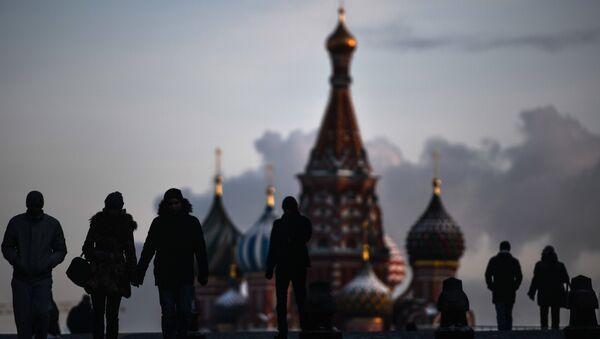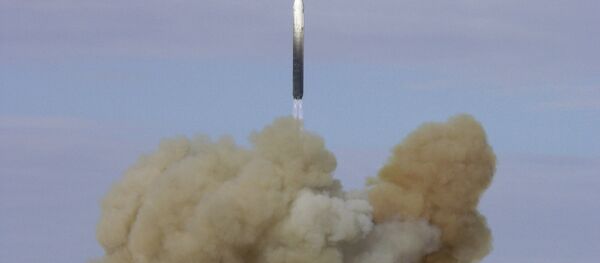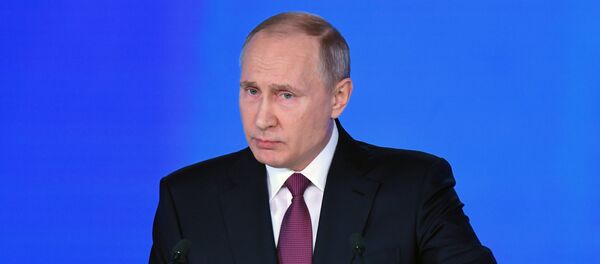The world's media keeps discussing Vladimir Putin's recent address to the Federal Assembly, in which the head of the state presented a number of new Russian weapons. Overall impression: the media are agitated. In particular, the tone is one of agitation over claims that Moscow has an "invincible weapon," which some media pundits interpret as no less than a direct threat toward western countries and the declaration of a new "cold war."
This opinion is shared by Gevorg Mirzayan from the Financial University under the Government of the Russian Federation, and he expressed it in his conversation with Sputnik.
"New American doctrines on nuclear and national safety have been adopted during last couple of months. In these doctrines, the US does not even attempt to hide its intention to make their geopolitical partners do what [the US] needs by use of hard force," Mirzayan observed. "Putin, on the other hand, demonstrated clearly that any power pressure of the kind on our country is unacceptable. And he did that not by words, but by displaying new Russian weapons."
Washington rolled out a new and expensive nuclear strategy in early February, sparking a strong reaction in Russia and, because of this very reason, the Financial Times wrote that Putin's threats are no surprise on Capitol Hill.
In the meantime, no foreign journalist has pointed out the most important message of Putin's speech: while presenting the new weapons, the Russian president specifically underscored: "Our policy will never be based on pretension and exceptionality; not only will we protect our interests, but also respect the interests of other countries."
How global diplomacy evolves from here depends on the US, Mirzayan notes.
"Option one: the US will keep spending huge money developing countering measures for Russian weapons. Or, those in Washington will understand that it is more viable to come to what the world had in the 1970s and 1980s. I am talking about a system of strategic stability — something that Putin offers to repeat again," Mirzayan said.
But the reality is that the US does not recognize the need to do this, Mirzayan speculates.
"Putin has outlined a new reality. Psychologists recognize several phases of reaction to a new reality. The first is always anger, repulsion and denial to accept a new given reality. This is the phase we see right now in western media," Mirzayan said.
"But Russia has to deal with this calmly, without hysteria, just let the analysts calm down. Later we will most certainly see a coherent analysis of how we must live in this new world. But, of course, the US won't come to this quickly enough, because American politics is knee-deep in myths of Russian menace and a new Cold War with Russia," he concluded.
As Russian presidential spokesman Dmitry Peskov suggested, Russia's new weapons are not a threat to those who do not plan to attack the country.
According to the Kübler-Ross model, otherwise known as the "five stages of grief," a person faced with a diagnosis of terminal illness, death of a loved one, or other traumatic event, undergoes five phases of emotional and intellectual reaction. Those are, in chronological order, denial, anger, bargaining, depression and, finally, acceptance.
Russia stands ready to move patiently in the direction of acceptance by the US and will not fail to do so.






